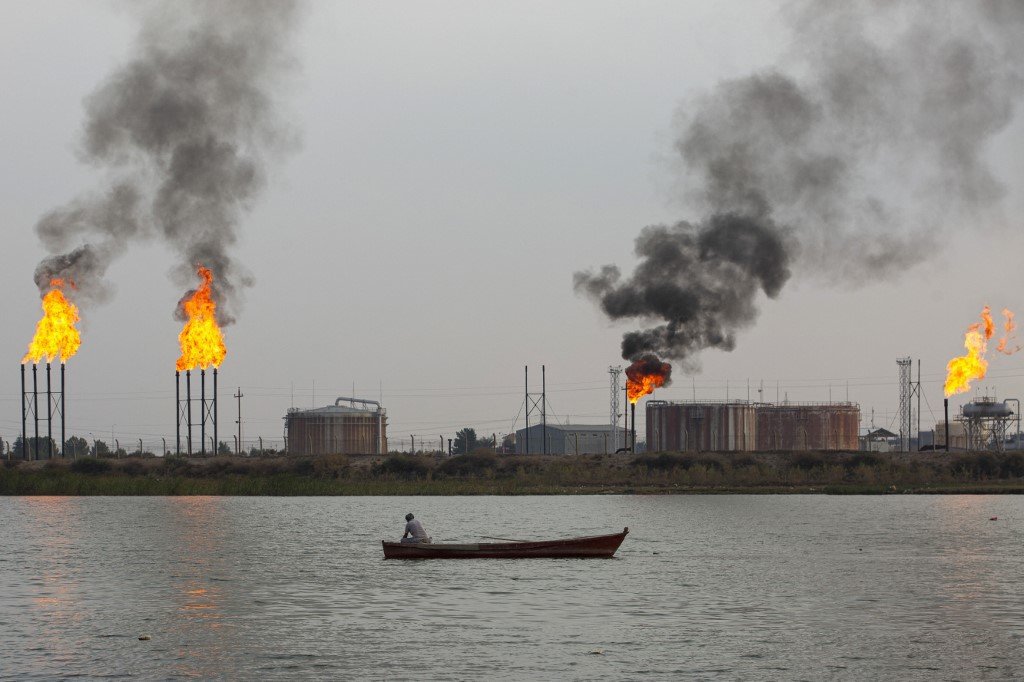In the global oil market, prices are climbing. However, Iraq’s Basrah crude prices continue to drop. This unexpected trend is raising concerns among traders and analysts.
Global benchmarks like Brent and West Texas Intermediate (WTI) are steadily increasing. Brent crude has gone up by 62 cents, while WTI has climbed by 68 cents. These gains reflect growing global demand and tighter supplies.
In contrast, Basrah Heavy crude has dropped by 1.6%, settling at $65.59 per barrel. Basrah Medium crude has also declined, falling 1.1% to $68.64 per barrel. This downward movement surprises many in the oil industry.
Many traders expected Basrah crude to follow the global trend. Instead, the fall in Basrah crude prices continues to puzzle experts. This marks the third time this month that Basrah oil has moved in the opposite direction.
One reason behind this fall might be the shifting preferences of Asian refiners. Several buyers in Asia are reportedly turning to cheaper alternatives from other countries. As a result, Iraqi exports face growing competition in key markets.
In addition, recent maintenance at southern Iraqi ports may have affected shipping schedules. Any delay in shipments could lead to lower demand in the short term. As a result, Basrah oil may be struggling to stay competitive.
Also, quality concerns might play a role in this drop. Some reports suggest variations in sulfur content have discouraged some buyers. When global prices rise, buyers become more selective. This further pressures Basrah crude to maintain its appeal.
Despite the global rise in oil prices, the fall in Basrah crude prices continues. This difference highlights the complex dynamics within the oil trade. Regional issues and buyer preferences can outweigh global patterns.
Going forward, Iraq may need to adjust its export strategies. Attracting more buyers will require better pricing, reliable delivery, and consistent quality. Unless these changes occur, the fall in Basrah crude prices continues to hurt revenue.
For now, the market remains uncertain. Traders will closely watch future announcements from Iraq’s oil ministry. They hope for measures to boost Basrah’s competitiveness in a changing market.
In conclusion, while the global market moves up, Iraq’s Basrah crude is falling behind. The fall in Basrah crude prices continues to signal deeper market challenges.


